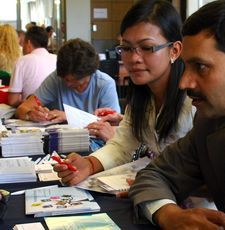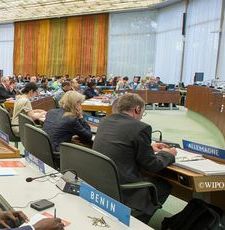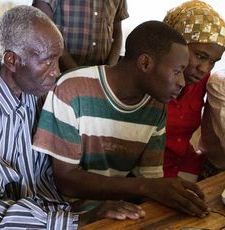ABOUT THE RESOURCE
Final report of joint of a research project by EIFL and IFLA (the International Federation of Library Associations and Institutions) examining and comparing how national broadband plans and policies in 32 countries envision the role of public libraries in connecting people to the internet. The research also highlights national strategies for supporting public libraries to fulfil these roles, and studies the impact of national broadband policy implementation on public internet access in libraries, and on library services, in five countries.
The research found that national broadband plans and policies engaged libraries to achieve a number of goals: support public internet access; deliver digital literacy and ICT training; promote e-learning and support formal educational institutions; and create local content by digitizing heritage materials. Many plans contained measures to support libraries in fulfilling these tasks: connecting libraries to broadband infrastructure, equipping them with ICT hardware and software, or helping them bear internet subscription costs. A number of plans rely on private-public partnerships and Universal Service Funds to deliver this support.
Impact is reported in case studies of libraries in Colombia, Kenya, Lithuania, Romania and the Philippines.
SHARE / PRINT









